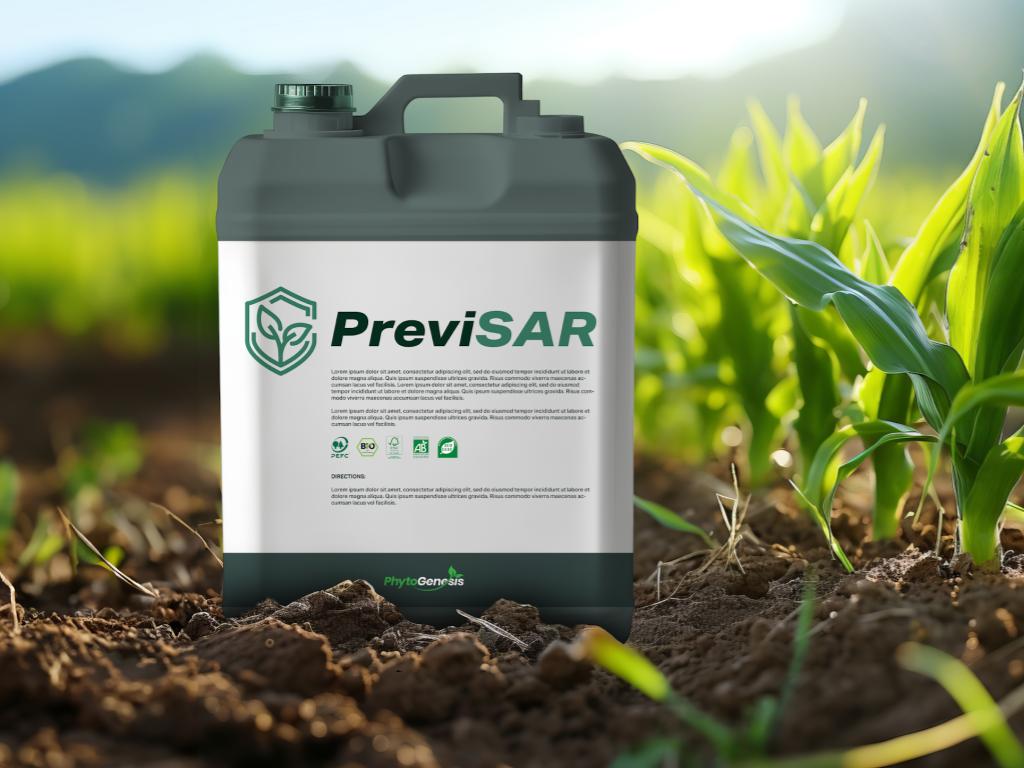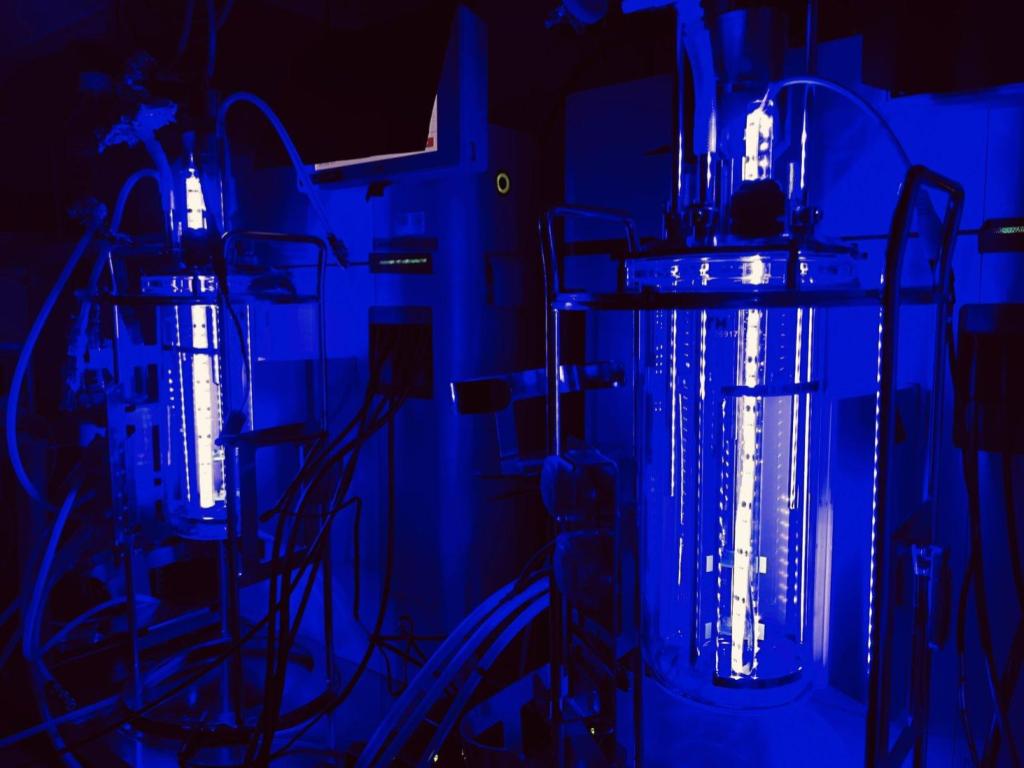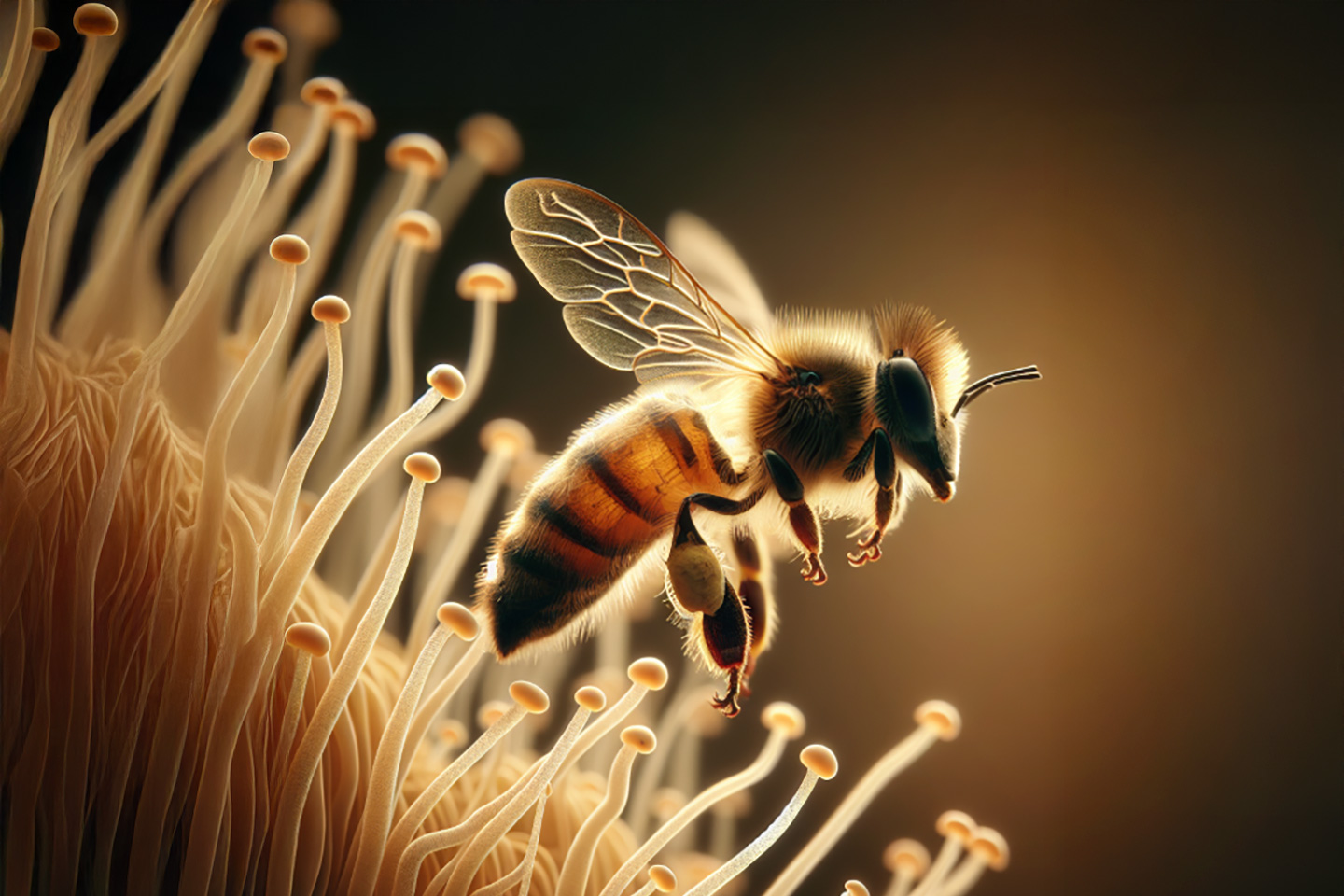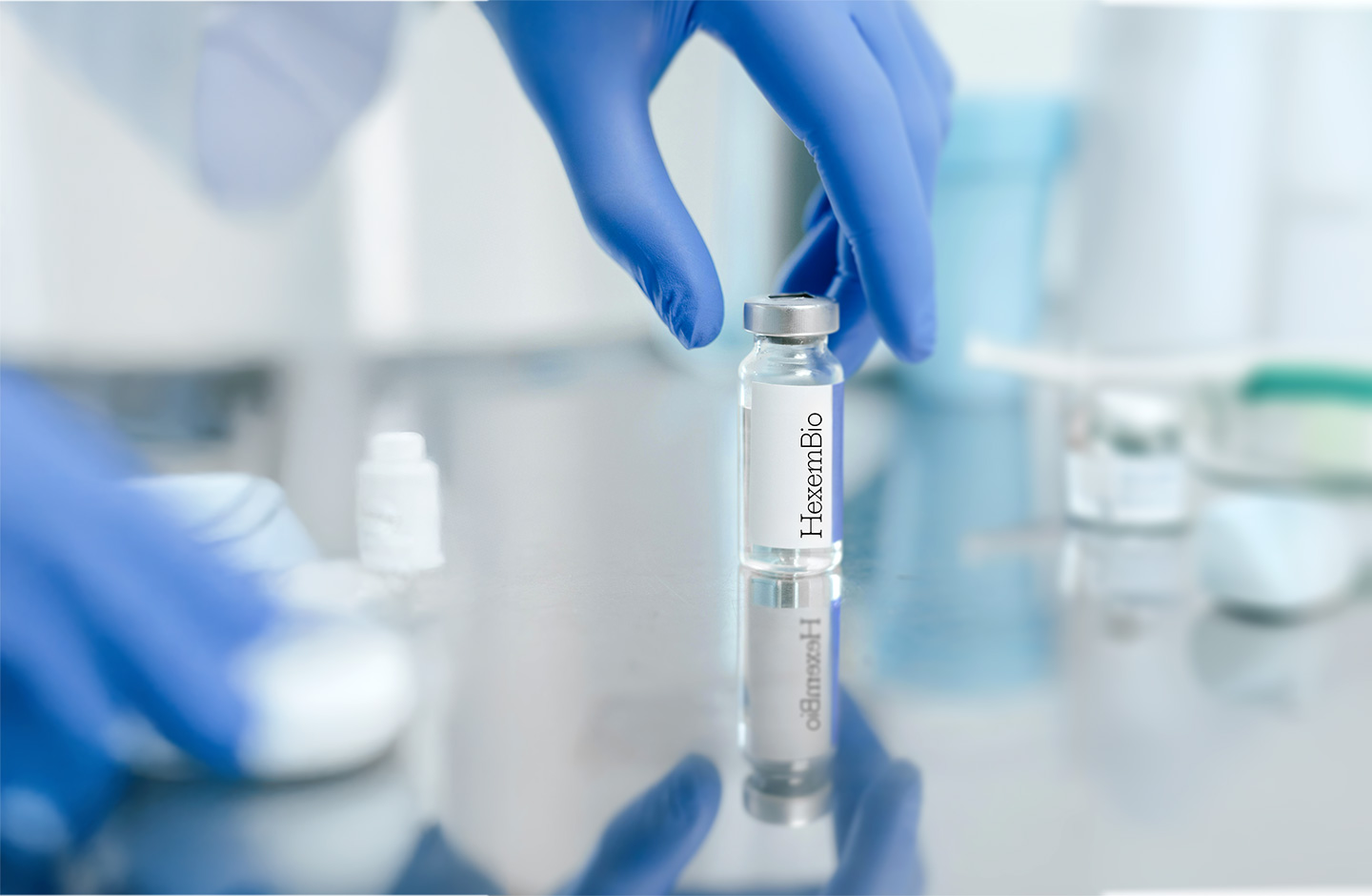Featured Trends
We’ve sliced and diced our portfolio into distinct “trends” that define our edge.
Climate 100
We are pleased to report that as of April 2021 the SOSV Climate Tech 100 have raised $1.85 billion from investors and have a market cap of $5.65 billion. The average company is four years old. SOSV (our parent fund) has invested $89 million in these companies and was in most cases the first investor, though we continued investing through early rounds.
IndieBio has never been one to shy away from the riskiest and most impactful investments for our planet. In fact, we embrace them.
Female Founder
Boosting female representation in the startup world is an ongoing challenge, but we’re dedicated to gender balance, not only because it’s the right thing to do, but because we would be dismissing impressive companies otherwise. We’ve found that more gender balance leads to better workplace culture and better ideas being exchanged.
Future of Food
It’s not just that we can make meat and fish in the lab, or with mushrooms and chickpeas. It’s not just that AI can predict the best plant ingredients to make the best tasting milk and yogurt. And it’s not just that yeast can be fermented to produce the healthier and better food preservatives. We’re diving deep every day into the foods that will satisfy novelty-seekers and conventionalists alike.
We’re putting big bets on the newest technologies and trends we think are ahead of the curve.
Future of Medicine
Medicine ain’t what it used to be. Today, bloodletting, skull-drilling and giving children cocaine for toothaches are relics of the past. Tomorrow, so too will addictive opioids, chemotherapy, and psychiatric drugs that are non-selectively bathing our bodies in chemicals.
The future of medicine is an exciting one, and we’re excited to share the most exciting technologies that enable the next wave of medicine and healthcare.
Impact
Our mission has always been Human and Planetary Health from the beginning, so it’s hard to say which of our companies are “impact” companies (in some ways, they all are).
Here, we narrowed down the startups that are directly addressing sustainability issues, improving public health, mitigating inequality, and democratizing access to infrastructure and technologies.
New Frontiers
Raising Now
Every season of the year, a new batch and about one-sixth of our alumni are in raise mode. These companies are currently raising and would love to talk to interested investors. We can set up those meetings or you can contact the companies directly.
Sustainable Solutions
If you’ve got an investment in a startup doing high-throughput AI + biology, your startup is probably spending way too much for having DNA variant libraries printed. Synplexity should be their vendor of choice. At the intersection of AI and biotech, there’s a bottleneck. It’s not the design function powered by AI to generate 10 […]
Dr. Sethi’s approach rewrites the entire treatment playbook. Her protocol deftly navigates the complex interactions between diet and psychiatric medications, optimizing treatment while minimizing side effects. She’s currently working with 30 lucky clients, who got ahead of the long waitlist, but she wants to scale her practice 1000-fold. Four major insurers have credentialed MPL, and […]
Based on 20 years of work at the University of Kentucky, and $11M in grants to bring it to commercial readiness, Phytogenesis is a fundamentally different solution for protecting the world’s crops from fast-evolving pathogens. For ag investors, the biocontrol market is structurally problematic, because a product that works in potatoes doesn’t then work for […]
Fermeate is the first startup in the world to apply optogenetics and photomolecular gene circuits to microbial based biomanufacturing. In plain English, they control gene activity with pulsed, programmed light. Developed over the past 11 years in the Avalos lab at Princeton, Fermeate is from the same academic lineage that inspired Prolific Machines, which we […]
The varroa mite is the leading cause of bee colony collapse. The current solutions aren’t good enough, or the problem wouldn’t exist. In the U.S., at least 45% of commercial colonies are infected with varroa; between 2023 and 2024, 55.1% died off. Unless we want food shortages and price spikes, the world needs a biopesticide […]
The $5 trillion bioeconomy aims to produce next-generation food, fuels, and fabrics, but it faces a critical bottleneck: a shortage of affordable, carbon-negative feedstocks. Global demand for sugars and cellulose will soon outstrip supply, threatening cost and scalability challenges for industries like precision fermentation, bioplastics, upcycled textiles, and green building materials. Meanwhile, 2 billion tons […]
To treat metastatic cancer, a radiotherapeutic must deliver a potent isotope to the tumor and keep it there long enough to kill the cancer, but clear quickly enough to avoid harming healthy tissue. So far, few radiotherapeutics have managed to meet both requirements. Boston-based Asta Bio aims to overcome these challenges with 211-Astatine—the most druggable […]
Medical researchers have genetically modified T cells to recognize and attack cancers, but they’ve run into some obstacles. Chimeric antigen receptor T (CAR-T) therapies are expensive ($373-475K per treatment), ineffective against solid tumors, potentially neurotoxic, and require gene editing if they’re sourced from healthy donors. That severely limits their potential for commercialization. Tinkeso Therapeutics is […]
Extending the human health span has long been a visionary goal for humanity, and Hexembio is at the forefront of achieving it. The company is revolutionizing aging and disease prevention by rejuvenating Hematopoietic Stem Cells (HSCs), also known as blood stem cells. This breakthrough offers exciting new possibilities for approaching age-related decline and chronic diseases, […]
Companies working in precision fermentation have ambitious plans to upcycle organic waste, but most struggle with high costs and poor scalability. They rely on a few engineered bacterial strains and must operate in short batches to keep them healthy and productive. That means stopping and restarting their bioreactors frequently, which introduces downtime and a higher […]










